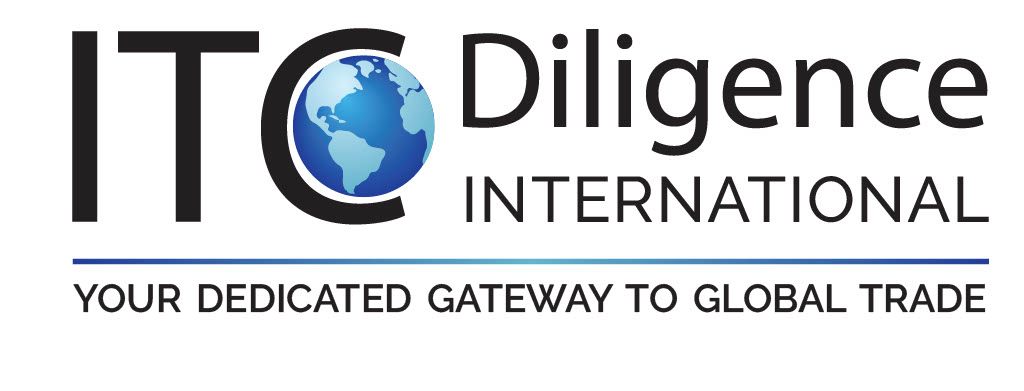The rise of e-commerce has brought about significant economic and administrative advantages to companies who fulfill orders from outside the United States. However, the law provides a significant disadvantage to companies that ship their products from US Foreign Trade Zones (FTZs). According to 19 U.S. Code § 1321(a)(2)(C), products shipped from U.S. FTZs are not eligible for de minimis entry. This means that companies cannot take advantage of the exemption from duty and taxes for shipments valued below a certain threshold. This results in a 50% or more disadvantage for companies operating within US FTZs.
To take advantage of the de minimis benefits, offshore third-party logistics providers (3PLs) are aggressively advertising to companies engaged in e-commerce, especially those selling products with high duty rates. These 3PLs are typically located in Canada or Mexico, just a few miles across the US border. By moving their e-commerce distribution operations offshore, US companies can benefit from duty, tax, and time savings. However, this shift results in foreign job creation at the expense of American jobs. The economic disadvantage continues to widen as the retail market shifts towards e-commerce, creating an existential threat to future e-commerce distribution operations in the United States.
Moreover, foreign warehouses are not regulated or inspected by the US Customs and Border Protection (CBP), unlike US FTZs. The lack of direct oversight and regulation on offshore e-commerce fulfillment operations hinders CBP’s ability to identify counterfeit or illicit goods that pose grave health or safety risks to American consumers.
Can you simplify this for me?
Problem:
- Existing law provides economic advantages to companies fulfilling e-commerce orders from outside of the US, causing US companies to move their operations offshore and creating a disadvantage for US-based companies.
- Foreign warehouses used by US companies are not regulated or inspected by CBP, increasing the risk of counterfeit or illicit goods entering US commerce.
- The lack of direct oversight and regulation on offshore e-commerce fulfillment operations hinders CBP's ability to identify counterfeit or illicit goods that pose health or safety risks to American consumers.
How FTZs can help:
- FTZs provide economic and administrative advantages to US-based companies, making it more equitable for them to compete against duty-advantaged foreign competitors.
- Once activated, FTZ operations are strictly regulated and regularly inspected by CBP, giving them improved ability to monitor products admitted into and withdrawn from US-based FTZs.
- By operating in US-based FTZs, companies can help reduce the risk of counterfeit, infringing, and illicit goods from entering US commerce due to CBP's supervision of FTZs.
The solution to this problem is simple: Congress must make a technical revision to 19 U.S. Code § 1321(a)(2)(C) to provide de minimis eligibility for products distributed from a US FTZ. This will create an equitable landscape for US companies against duty-advantaged foreign competitors and eliminate the incentive to move facilities and jobs out of the US.
At the same time, CBP's oversight of US FTZs can help mitigate the influx of counterfeit, infringing, and illicit goods into the US market, which may not be as effectively monitored when these goods are shipped directly to consumers from warehouses outside of the US.
Before FTZ operations can buy or sell goods, companies must submit an application to the Department of Commerce’s Foreign Trade Zones Board and demonstrate their contribution to the US economy. Once activated, CBP imposes strict regulations and regularly inspects FTZ operations, giving CBP a significantly improved ability to identify and monitor products admitted into and withdrawn from US-based FTZs, unlike international distribution facilities with little or no CBP oversight.
So Who Can Help My Business?
ITC Diligence International Inc., a consultancy that specializes in foreign trade zones, can help US companies navigate the process of setting up FTZ operations. ITC Diligence International can help companies determine if utilizing or becoming an FTZ will benefit their company, file the necessary applications and documentation with the appropriate government agencies, and implement the necessary procedures to comply with CBP regulations. They can also provide ongoing support to ensure compliance and help companies take advantage of the benefits offered by operating within an FTZ.
In summary, the existing law that provides economic advantages to companies fulfilling e-commerce orders from outside of the US is creating a disadvantage for US-based companies, resulting in the loss of American jobs. Additionally, the lack of direct oversight and regulation on offshore e-commerce fulfillment operations increases the risk of counterfeit or illicit goods entering US commerce. The proposed solution is for Congress to make a technical revision to 19 U.S. Code § 1321(a)(2)(C) to provide de minimis eligibility for products distributed from a US FTZ. By operating in US-based FTZs, companies can reduce the risk of counterfeit, infringing, and illicit goods from entering US commerce while CBP can monitor products admitted into and withdrawn from these zones. ITC Diligence International Inc. can help companies navigate the application process for operating in US-based FTZs and ensure compliance with CBP regulations. With the assistance of ITC Diligence International Inc., US-based companies can level the playing field with their duty-advantaged foreign competitors, eliminate the incentive to move facilities and jobs out of the US, and help protect American consumers from the risks associated with counterfeit or illicit goods.

